Jan 27 (V7N) - The European Central Bank (ECB) is poised to cut its benchmark deposit rate by 0.25 percentage points to 2.75% this Thursday, marking the fourth consecutive rate reduction. This move reflects the ECB's confidence in managing inflation while addressing the eurozone's faltering economic growth, despite uncertainties stemming from US President Donald Trump's protectionist trade policies.
After soaring inflation prompted aggressive rate hikes starting in mid-2022, the ECB is now easing borrowing costs as inflation moderates. Although eurozone inflation edged up to 2.4% in December, ECB President Christine Lagarde remains optimistic about hitting the 2% target in 2025.
The ECB has turned its attention to the eurozone’s sluggish economy, revising growth forecasts down to 0.7% for 2024 and projecting subdued growth for the following years. Germany, the eurozone's largest economy, has experienced two consecutive years of contraction, exacerbating challenges for the bloc.
President Trump's threats of tariffs on EU imports could weigh heavily on the eurozone economy, which relies significantly on exports. However, Lagarde downplayed fears of U.S.-induced inflation spilling into Europe.
Analysts expect further rate cuts, with HSBC predicting additional reductions in March. However, the ECB's approach beyond spring remains uncertain, as diverging opinions among policymakers could surface.
The ECB also faces political instability in key member states. Germany’s upcoming snap elections and France's recent government transition add layers of unpredictability. Additionally, rising oil prices and potential U.S. trade tensions could complicate efforts to stabilize the eurozone economy.
As the ECB balances inflation control with economic growth, its cautious approach signals confidence but acknowledges external risks, particularly from the United States. Markets will closely watch Thursday’s announcement and subsequent remarks by President Lagarde for insights into the bank's future direction.
END/BUS/RH




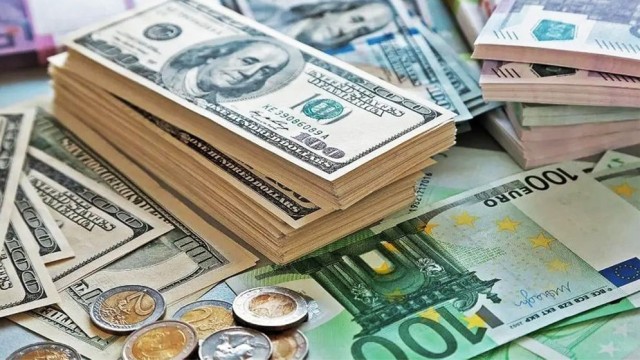


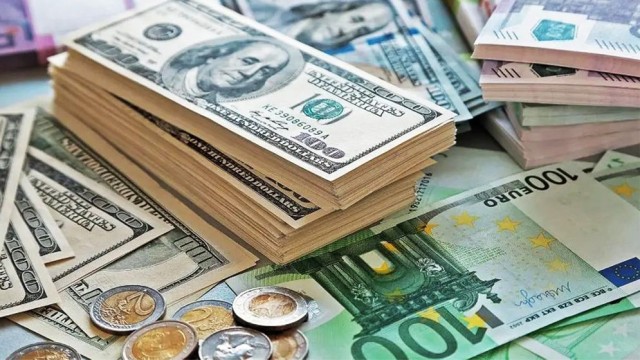


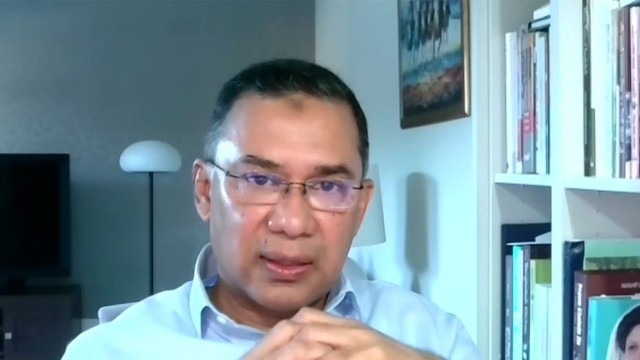


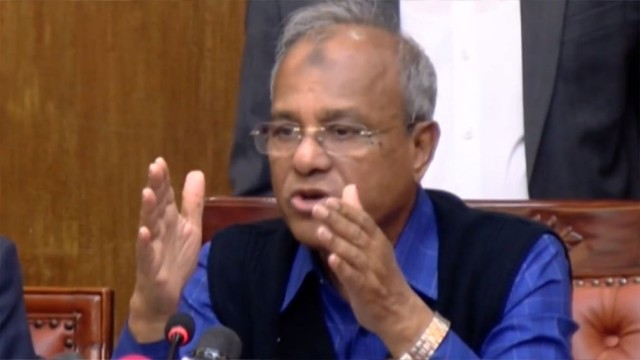












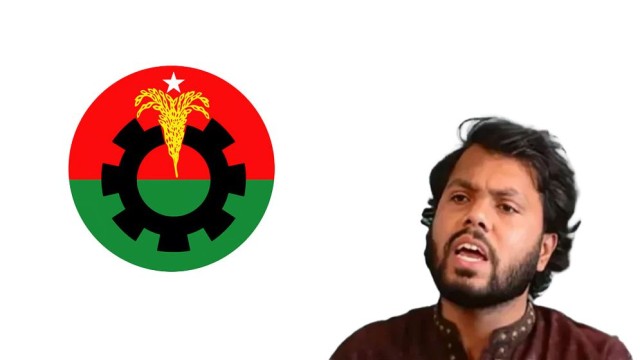



Comment: